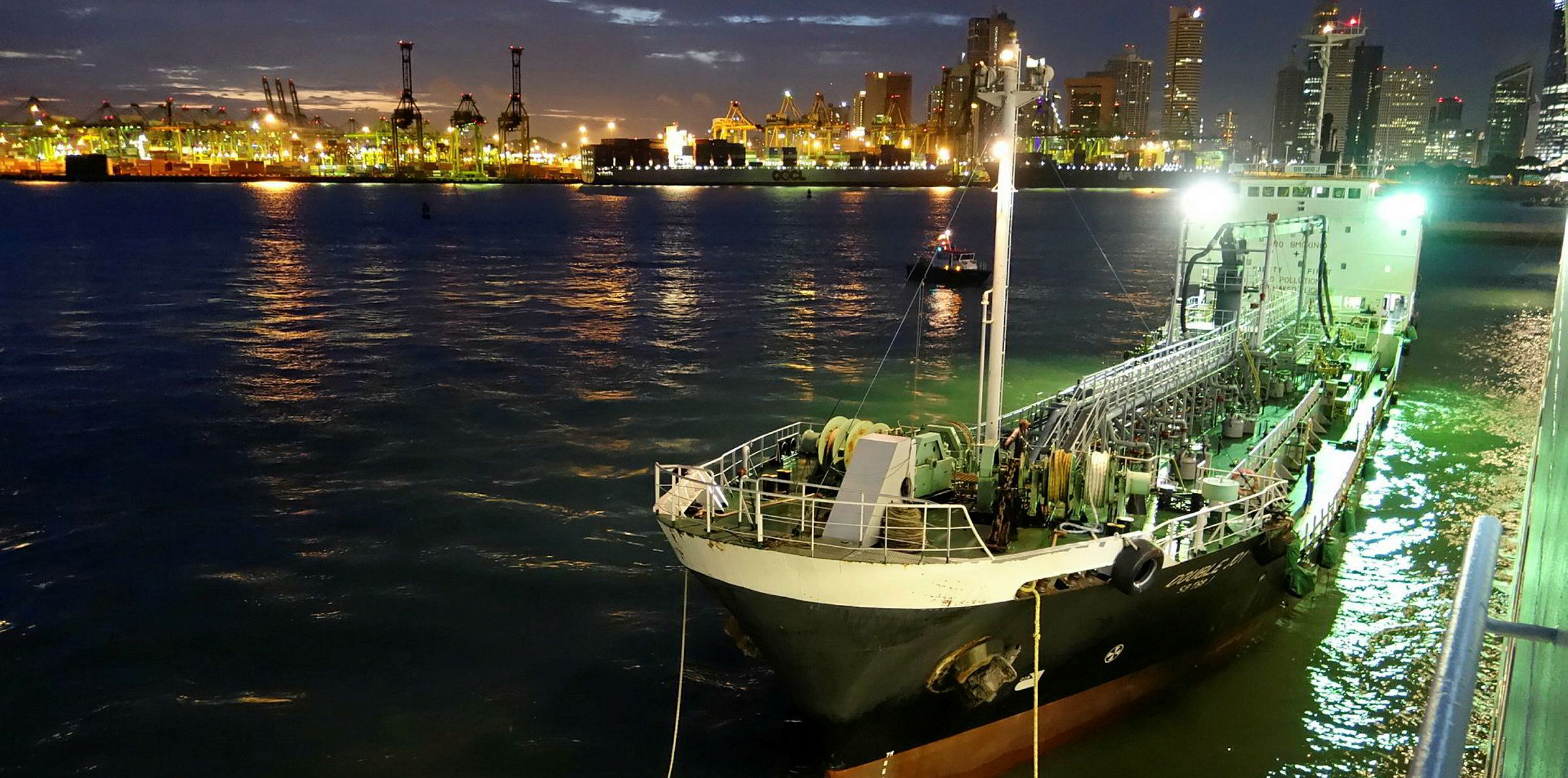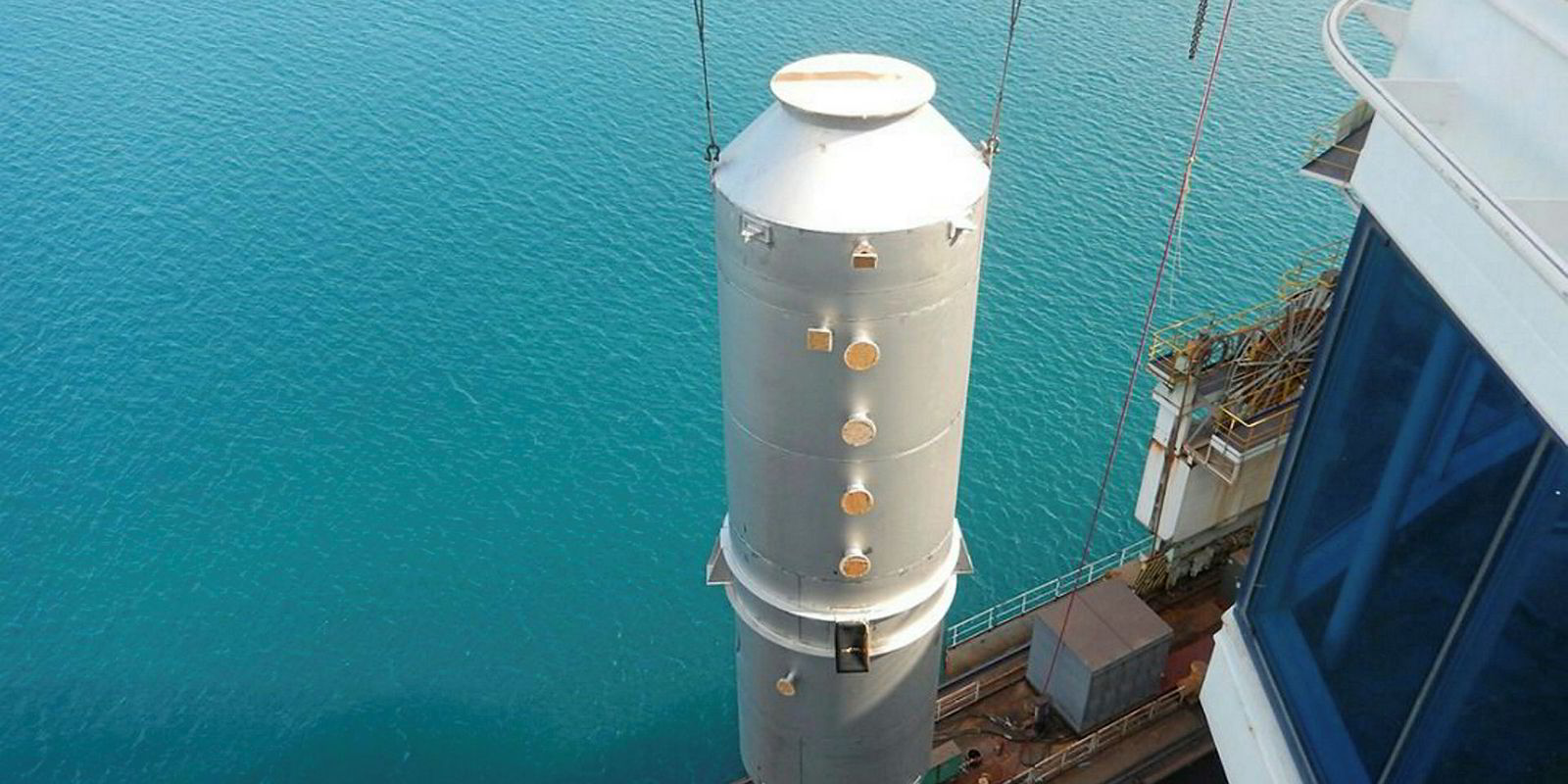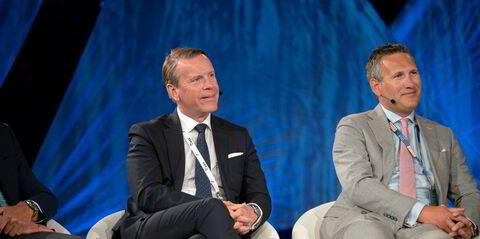Singapore is to extend the use of mass-flow-metering (MFM) to low sulphur bunker fuels from next year, it has been confirmed.
The technology will be mandatory for the supply of distillates from 1 July 2019, six months ahead of the IMO’s 2020 sulphur cap.
Maritime and Port Authority of Singapore’s (MPA) assistant chief executive (operations) Captain M Segar announced the move at the International Bunker Industry Association (IBIA) Asia Gala Dinner on Thursday.
“The use of the MFM system will enhance transparency in the bunkering process, improve operational efficiency and increase the productivity of the bunkering industry,” the MPA said.
“Similar to the use of MFM for marine fuel oil (MFO) delivery, the use of MFM for distillates will provide better assurance to both the bunker buyers and suppliers on the quantity of bunker delivered, and safeguard Singapore's reputation as the world's top bunkering port.”
The adoption of the technology follows the successful completion of trials aboard five bunker tankers in Singapore.
The five tankers used were the Marine Pamela, the Ocean Pioneer, the Patimah, the Sentek 25 and the Wisdom. All tests were completed in October 2017.
“The industry has given positive feedback on the mandatory use of MFM for MFO,” said Captain Segar.
“As the world’s top bunkering port, it is important that we continue to set the highest bunkering standards to ensure fuel quality and reliability and this can be achieved through the use of MFM.”
Segar said the move would also prepare the industry for an expected increase in delivery of distillates with the introduction of a 0.5% global sulphur cap from 1 January 2020.
Since 2014, the MPA said it has invested close to SGD 17m ($12.8m) to help the industry adopt the use of the MFM system for delivery of bunker in the Port of Singapore.
To defray part of the cost in installing the MFM system, companies may apply for co-funding of up to SGD 60,000 from MPA for each existing bunker tanker delivering distillates. The MPA says it has set aside SGD 9m to co-fund this initiative.




